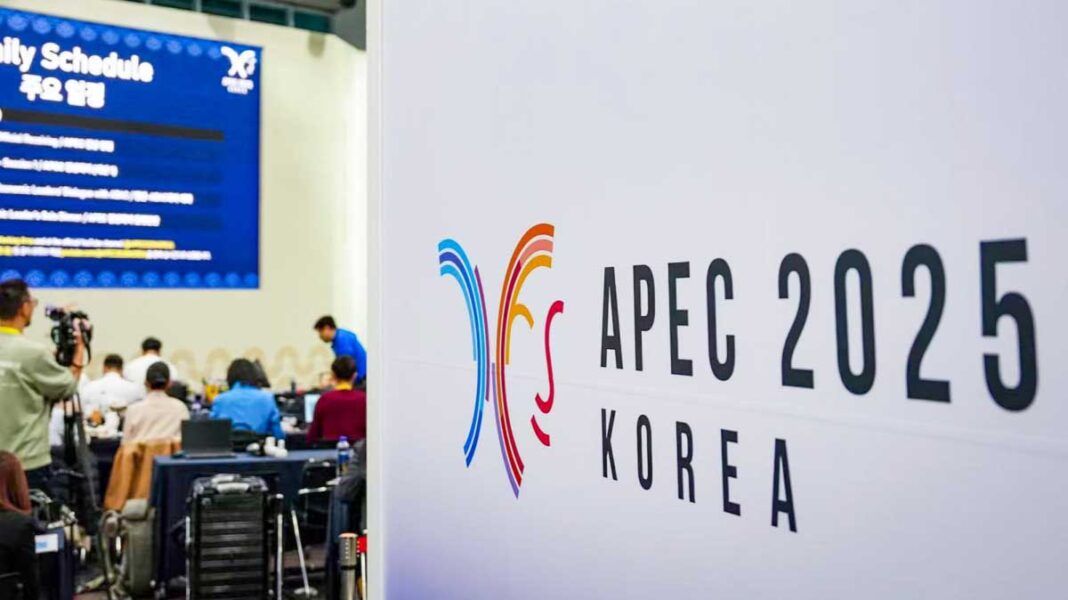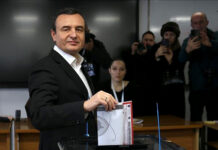The 32nd Asia-Pacific Economic Cooperation (APEC) Leaders’ Meeting was held in Gyeongju, South Korea. Participants discussed strengthening economic cooperation and charting a common path to a sustainable future.
President Lee Jae-myung of the Republic of Korea (ROK), chairing the meeting, noted that amid radical changes to the free trade system, global economic uncertainty is growing, while trade and investment are slowing. He called for closer cooperation and solidarity in the region to jointly overcome new challenges. “We can unite for the ultimate goal of shared prosperity,” Lee Jae-myung emphasized.
Under the slogan “Building a Sustainable Tomorrow,” this year’s APEC agenda aims to advance regional connectivity, spur innovation-driven growth, and create a more sustainable future for the Asia-Pacific region.
Founded in 1989, APEC has become a dynamic engine of economic growth and one of the most important regional forums in the Asia-Pacific region.
According to the latest APEC Regional Trends Analysis, regional economic growth is expected to reach 3.1 percent in 2025, slightly higher than previous estimates. The forecast was updated amid robust trade conditions and strong demand for high-tech goods.
However, the report’s authors warn that growth could slow to 2.9 percent in 2026 due to rising public debt and weakening temporary factors.









